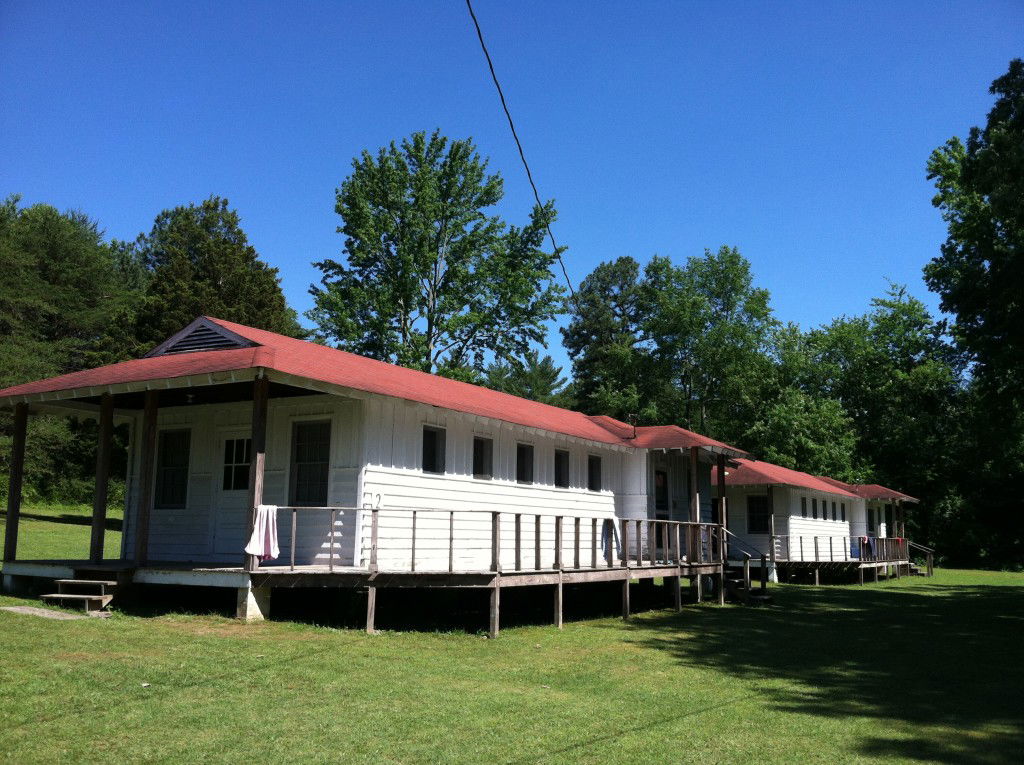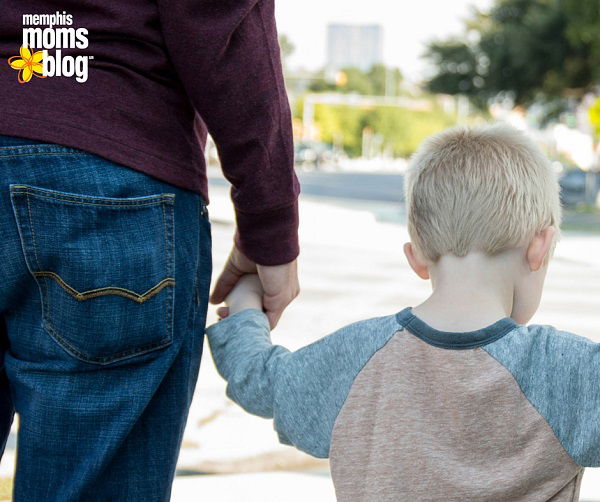The Case for Summer Camp
Part of a mom is learning to exist in the moment while simultaneously planning ahead…and so today, though it is chilly, dreary, and decidedly winter, I want you to think ahead to summer. Have you considered whether your kiddo will be going to summer camp? If you haven’t, or if you’re on the fence, I’m here to help you out – I want to share the case for investing in overnight camps.
I started going to overnight camp when I was in third grade – I went to two very different overnight camps every summer from that point forward, even returning to both as staff. I later was the camp director for one of my summer camps for five years. Camp holds a huge place in my heart and is a big part of who I am today. I am grateful that my parents researched and found a camp home for me and spent their hard-earned money on it each summer. The payoff came in the lessons learned, the lessons that shaped me as a person.
The case for overnight camps:
- Camps teach independence and autonomy. Though it can be scary, it is a good opportunity for parents to let go and allow kids to try out being independent. From having to remember to brush their teeth twice a day to selecting their own activities, kids are able to test out autonomy in a safe place away from parents. They learn to be accountable for themselves and get from point A to point B, follow the schedule, and manage their own business. Sometimes when parents are around, it is easy to rely on mom’s nagging but a cabin counselor is going to expect that they shower daily without a reminder (though we did have great sticker charts for our elementary campers).
- Camps encourage identifying passions. Camps have a variety of daily activities to choose from and kids can test out what really excites them. I’ve seen kids pick up a musical instrument for the first time and discover that they love playing – I’ve also seen kids who tried out an activity that really wasn’t for them, which was great because it helped them narrow down their interests. Even further, some camps focus on specific passions and can really hone skills – or give kids a deep dive into a field of interest that helps them decide whether or not to pursue it further.
- Camps are a place for exploring identity. Being away from home, away from school friends, in a new place, allows kids to spend time figuring out who they are. They can refine that identity as they meet new people, make choices for themselves, and figure out how to communicate that identity to others. That may mean you find out at the end of the session that your sweet Daniel has been asking others to call him “Gutter” all week (true story – Gutter is a good friend of mine…) but you’ve got to be ok with that. They’ll only be stronger in their sense of self with this ability to explore and discover.
- Camps are a safe space for risk and failure. This may scare parents, but a good camp creates an inclusive, welcoming space that allows kids to try (and sometimes fail) at new things. A kid who is afraid of heights may challenge himself to try the zip line, even though it scares the heck out of him, because he’s got an entire team of kids cheering him on. He may zip down through the trees, exhilarated by the wind whipping his cheeks, but he may back off the platform – and that’s ok. Because he pushed himself to try.
- Camps create a community that supports each other – and a good camp will create a community that endures past the camp session itself. My camp friends are my best friends. We counted down the days until we could see each other each year and, in the days before the internet, wrote letters to each other during the school year. The intense connections that were created at camp are a testament to the power of community. We share the same values and meaningful experiences that made us who we are and we’ll always be a part of each other’s lives.
Now – I must admit, not every camp is going to have this happen to every kid. I have a friend who still has the postcard she sent her parents from gymnastics camp on her fridge. All it says, in precious 8-year old handwriting, is “come get me. NOW.” She never went to back to camp after that experience – but her parents pushed her out of her comfort zone and she was better for it.
Part of ensuring that your camper has the best experience is identifying the right camp for him or her. Here are some things to think through:
- Type of camp: What are you looking to get out of the camp experience? There are camps for literally any and every interest out there. Do you want a church camp? An outdoors camp? A sports camp? A traditional run of the mill camp with archery and a camp fire? Co-ed or single gender? Cabins, tents, or dorms? Air-conditioned or rustic?
- Length of stay: Depending on your kid, you may want a week session or you may decide to do a longer camp session. Camps vary depending on their format. I know kids that go to camp for a month at the time. I always went for a week.
- Price range: Like anything else, prices vary. Some camps can get very expensive – but you get what you pay for, for the most part. Economical camps may have less bells and whistles but depending on your budget, may be the right fit. And it is important to note that price doesn’t necessarily indicate quality. The camp I ran was on the low end of the budget and our kids emerged at the end of the session as a close knit community, having experienced rock climbing, hiking, swimming, field games, chapel program, etc.
Clearly, you’re going to want to do your research. When you’re looking around for camps, I highly recommend reaching out to families who have attended the camp before. They are going to give you the best insight, more authentic than any glossy marketing campaign can. I would, however, get feedback from multiple people, if possible, because one parent’s perspective can be skewed by an atypical experience. I would also definitely talk over the phone or in person with the camp director. They are ultimately the ones ensuring your child’s safety and overall experience and you can learn a lot about their style from a conversation. Speaking of safety, when you talk to the director, find out about how they select and train their staff. We ran background checks on our college staff, trained them in how to interact safely with children, and certified them in American Heart Association CPR and First Aid. We had at least 3 trained and licensed lifeguards out of our staff of 12 (we were a smaller camp). We had a trained medical professional on staff for each camp session – this person administered all medicine and was available should any injuries or medical conditions arose. If your child has dietary restrictions, find out if the dining hall staff is prepared for a specific diet or if you need to send your own food. Ask what the camper to counselor ratios are and what other staff will be on site. The American Camp Association is an excellent resource for families in both finding a camp and giving you useful information about what to look for: http://www.acacamps.org/
If you think your child isn’t ready for full on overnight camp, why not try out a day camp? Especially for younger kids, day camps can be a great stepping stone. Another idea – some camps have a “pre-camp” experience for younger kids. Our camp did this – we had a long weekend session with the camper and one or both parents, which allowed for an easy transition into the world of overnight camp. You know your kid well enough to know whether they need to go one-toe in or take a high dive into the deep end.
I truly believe that camp is an important part of a kid’s experience growing up. Especially in this tech-frenzied generation, camp forces kids to unplug and interact. Though you’ll probably miss the heck out of them for a week, you’ll probably find that you two will have a greater appreciation for each other once they return. Plus, bonus – if you have multiple kids and time the camp schedule perfectly, you could end up with a kid-free staycation!











Some great points here. Summer camps can be an amazing way to help kids continue to have a routine, see friends, and have fun while not in school. Thanks for sharing this!